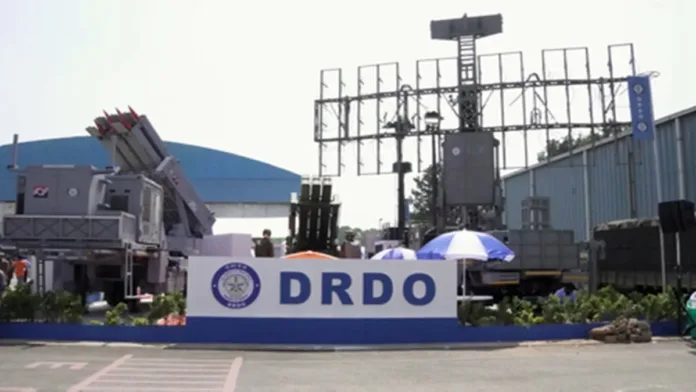
In a groundbreaking development, the Defence Research and Development Organisation (DRDO) has unveiled a revolutionary desalination technology capable of converting salty sea water into safe, drinkable water. This DRDO desalination technology marks a significant advancement in India’s pursuit of sustainable solutions for water scarcity, especially in coastal and remote areas.
Water scarcity remains one of the most pressing global challenges, affecting millions of lives every year. Despite the abundance of seawater, the high salt content makes it unsuitable for human consumption. With growing demand for potable water and the urgent need to explore alternate sources, DRDO’s initiative provides a much-needed technological leap forward.
🌊 The Need for Desalination Technology
India, with a vast coastline stretching over 7,500 kilometers, faces constant challenges in providing access to fresh water in coastal regions. Traditional freshwater sources are increasingly under pressure due to overuse, pollution, and climate change. Desalination—removing salt and impurities from sea water—has emerged as a critical solution, and DRDO desalination technology is poised to address this need effectively.
The DRDO, primarily known for its contributions to India’s defense systems, has long been engaged in developing technologies that can serve both military and civilian needs. This project aims to supply clean drinking water not just to troops stationed in remote coastal areas, but also to civilians living in regions plagued by drought and water scarcity.
🔬 How the Technology Works
The DRDO desalination system is based on membrane-based reverse osmosis (RO) technology, which filters out salt and other impurities from seawater. Unlike older, energy-intensive methods, this system is designed to be compact, efficient, and suitable for operation in both fixed and mobile units.
The technology includes several key features:
Pre-filtration to remove large particles and organic matter
Advanced membranes that block salts and harmful contaminants
Energy optimization modules for minimal power consumption
Automated control systems to maintain water quality and monitor performance
According to DRDO officials, the unit can produce several thousand liters of potable water per day, depending on the scale of the deployment. The modular design allows for easy scalability and maintenance, making it ideal for disaster zones, military outposts, and civilian usage.
🛡️ From Defense to Civilian Application
While originally developed for defense purposes, this Indian defense technology is now being adapted for use in public sectors. Government bodies and private entities have already expressed interest in partnering with DRDO to deploy this technology across drought-hit villages and coastal towns.
The technology has also been tested in real-world conditions, including on naval ships and remote islands, proving its reliability and effectiveness. This dual-use model highlights DRDO’s evolving role in leveraging defense R&D to serve broader national needs.
🌍 Impact on Water Scarcity and Sustainability
One of the major global issues today is access to clean drinking water. According to international reports, billions of people around the world face some level of water stress. The DRDO desalination technology could play a significant role in combating this crisis by offering a sustainable water tech solution that harnesses an abundant natural resource—the sea.
In addition to addressing immediate water needs, the system is also environmentally conscious. It operates with minimal ecological footprint, incorporates water quality monitoring, and ensures safe disposal of brine (salt-rich residue) without harming marine life.
🚀 What Lies Ahead
Looking forward, DRDO plans to collaborate with state governments, NGOs, and industrial partners to scale up production and deployment. The goal is to make the technology widely accessible and cost-effective, ensuring clean water for all.
Furthermore, research is underway to improve energy efficiency even further by integrating solar-powered desalination modules, which could make the system viable in off-grid areas and emergency situations.
✅ Conclusion
The DRDO desalination technology stands as a testament to India’s scientific and technological ingenuity. By turning salty sea water into clean drinking water, it offers hope to millions and provides a scalable, sustainable solution for one of the world’s most urgent challenges. As this technology continues to evolve and expand, it could become a global benchmark for innovative water purification.